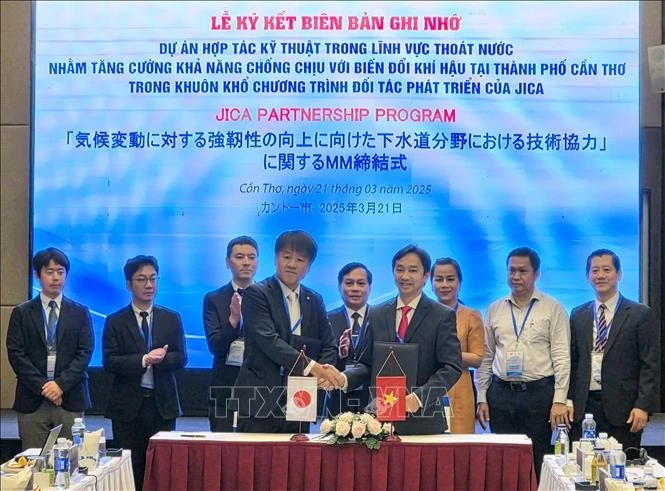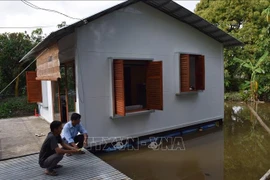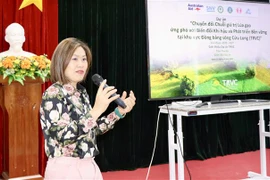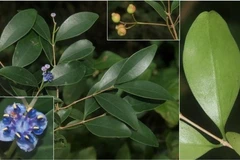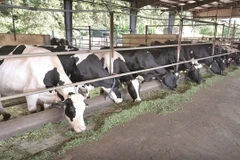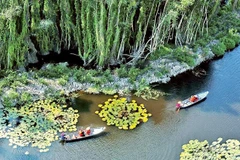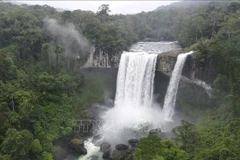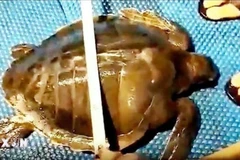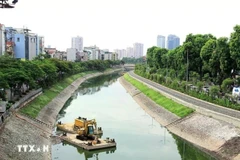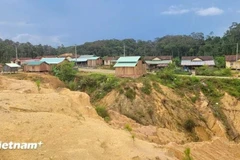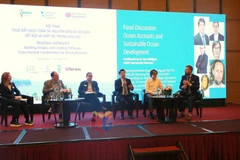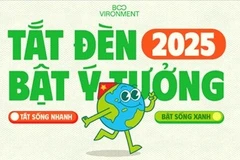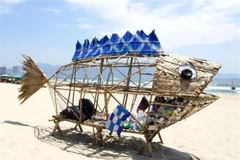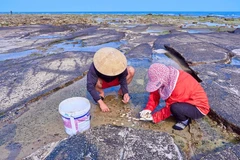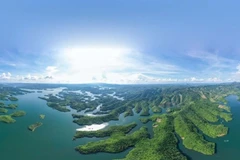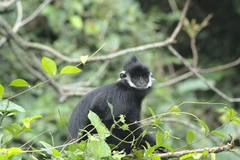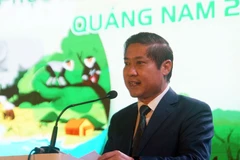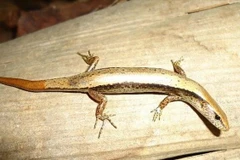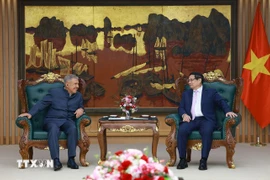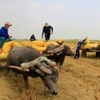Can Tho (VNA) – The Can Tho municipal Department of Construction and the Road and Sewerage Bureau of Japan's Fukuoka city signed a Memorandum of Understanding (MoU) on a technical cooperation project to enhance Can Tho’s drainage systems and resilience to climate change.
The project falls under the Japan International Cooperation Agency (JICA)’s Partnership Programme, funded through a non-refundable aid package, with JICA directly covering project activities via Fukuoka city.
Vice Chairman of the municipal People's Committee Nguyen Ngoc He called the MoU an important milestone in Can Tho-Fukuoka cooperative ties, saying that it reflects the spirit of friendship and a shared commitment to sustainable development, aiming for a greener, cleaner, and more beautiful future.
He noted Can Tho’s ongoing collaboration with JICA and other global partners to secure funding for critical projects. By leveraging Fukuoka’s advanced technologies, effective management models, and valuable lessons, Can Tho aims to adopt innovative solutions to improve its drainage system, ultimately fostering a more sustainable living environment for its residents, he said.
Takeshita Kazuhiro, Director of Fukuoka city’s Road and Sewerage Bureau, said the project targets three challenges: flood damage and untreated wastewater discharge, inefficient wastewater plant operations, and low public cooperation in linking private drainage to public systems.
The Japanese side provided an overview of JICA’s Partnership Programme, introduced Fukuoka’s drainage and wastewater treatment system, and highlighted the city’s water conservation-based urban model.
Specifically, Fukuoka has taken various measures, including recycling treated water, using advanced wastewater treatment technology to improve water quality, and adopting comprehensive flood prevention strategies. As a result, the city has achieved a 99.9% wastewater treatment rate, considerably improving public sanitation and protecting the quality of public water resources./.
